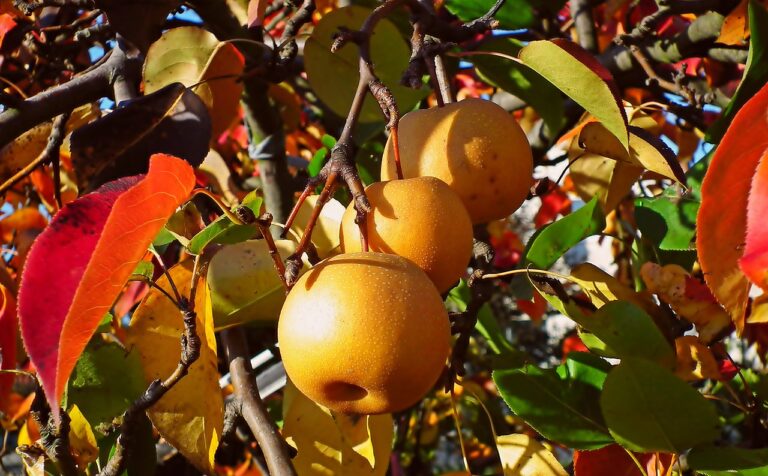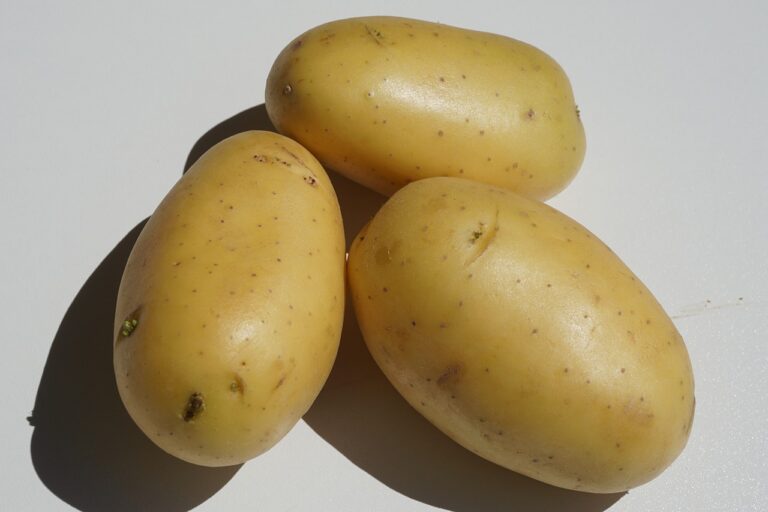The Impact of Food Industry on Sustainable Agriculture Practices in Urban Settings
Urban areas present a unique set of challenges for the implementation of sustainable agriculture practices. Limited space and high land prices make it difficult for urban farmers to secure suitable plots for cultivation. Additionally, competing land uses, such as industrial and residential development, further encroach upon potential agricultural areas, putting pressure on available land resources for farming.
Moreover, urban agriculture faces obstacles related to water availability and quality. Urban areas often struggle with water scarcity and contamination, making it challenging for farmers to access sufficient water for irrigation and other agricultural needs. This issue is compounded by the lack of proper water management infrastructure in many urban settings, exacerbating the difficulties faced by those seeking to adopt sustainable agricultural practices.
Innovative Technologies for Urban Agriculture
Urban agriculture faces numerous challenges, such as limited space and resources, making it essential to explore innovative technologies to enhance productivity. One such technology is vertical farming, which involves growing crops in vertically stacked layers. This method maximizes space utilization and allows for year-round production in urban settings, contributing to food security and sustainability.
Another promising technology is aquaponics, a symbiotic system that combines aquaculture with hydroponics. In this closed-loop system, fish waste provides nutrients for plants, while the plants filter the water for the fish. Aquaponics is a water-efficient and space-saving solution for urban agriculture, offering a sustainable way to produce both fish and vegetables in a controlled environment.
• Vertical farming involves growing crops in vertically stacked layers
• Maximizes space utilization and allows for year-round production in urban settings
• Contributes to food security and sustainability
• Aquaponics combines aquaculture with hydroponics in a closed-loop system
• Fish waste provides nutrients for plants, while plants filter water for fish
• Water-efficient and space-saving solution for urban agriculture
The Role of Food Industry in Promoting Sustainable Agriculture Practices
The food industry plays a crucial role in promoting sustainable agriculture practices. By sourcing ingredients from sustainable farms and suppliers, food companies can support environmentally friendly farming methods and reduce the carbon footprint of their products. Additionally, investing in research and development to improve agricultural practices can lead to advancements in sustainable farming techniques that benefit both the industry and the environment.
Incorporating sustainable practices into every stage of the supply chain is another key way that the food industry can promote sustainability in agriculture. This includes implementing energy-efficient transportation methods, reducing food waste, and using environmentally friendly packaging materials. By adopting these practices, food companies can not only reduce their impact on the environment but also inspire consumers to make more sustainable choices when it comes to food consumption.
What are some challenges of implementing sustainable agriculture in urban areas?
Some challenges include limited space for farming, access to water and resources, and zoning restrictions.
What are some innovative technologies being used for urban agriculture?
Some innovative technologies include hydroponics, vertical farming, and aquaponics to maximize space and resources.
How can the food industry promote sustainable agriculture practices?
The food industry can promote sustainable agriculture by sourcing locally, supporting organic farming practices, and reducing food waste through proper distribution and storage methods.







